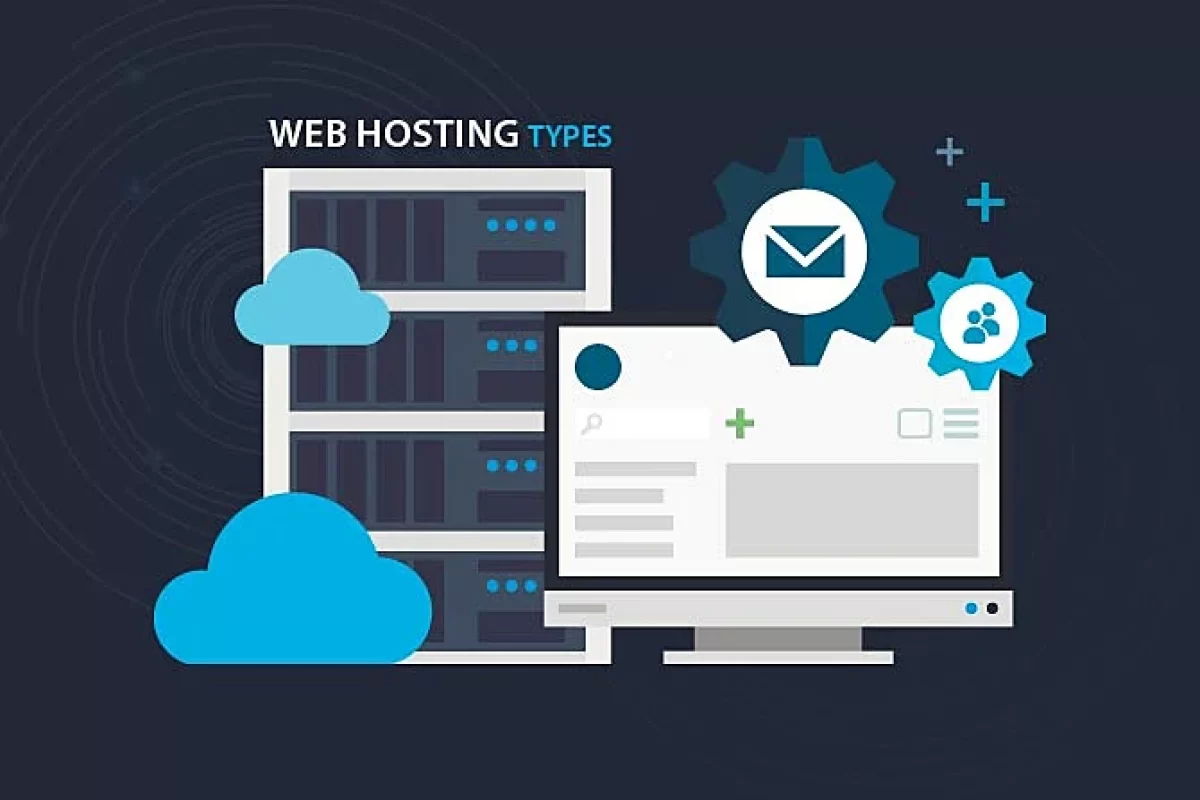In the vast landscape of web hosting, selecting the right hosting service is crucial for the performance and success of your website. Understanding the different types of hosting services available is the first step toward making an informed decision tailored to your specific needs. Let’s delve into the various hosting options, exploring their features, benefits, and ideal use cases.
Introduction
When establishing an online presence, choosing the appropriate hosting service is akin to selecting the foundation of your digital home. The hosting service you opt for will impact your website’s speed, reliability, and overall performance. In this article, we will break down the different types of hosting services, providing insights into their characteristics to help you make an informed choice.
1. Shared Hosting
Shared Hosting Overview:
- Basic and budget-friendly option
- Multiple websites share resources on a single server
- Limited control and customization
Ideal for:
- Small websites
- Personal blogs
- Entry-level businesses
Benefits:
- Cost-effective
- Easy to set up
- Suitable for beginners
2. Virtual Private Server (VPS) Hosting
VPS Hosting Overview:
- Virtual partitioning of a physical server into multiple virtual servers
- More control and customization compared to shared hosting
- Higher cost than shared hosting
Ideal for:
- Growing websites
- Small to medium-sized businesses
- Web developers requiring customization
Benefits:
- Increased control
- Better performance than shared hosting
- Scalability for growing websites
3. Dedicated Server Hosting
Dedicated Server Hosting Overview:
- Entire physical server dedicated to a single user
- Maximum control and customization
- Higher cost than shared and VPS hosting
Ideal for:
- Large websites with high traffic
- E-commerce platforms
- Businesses with specific security or performance requirements
Benefits:
- Full server resources at your disposal
- Enhanced security and performance
- Complete customization
4. Cloud Hosting
Cloud Hosting Overview:
- Resources distributed across multiple servers
- Scalable and flexible
- Pay-as-you-go pricing model
Ideal for:
- Websites with fluctuating traffic
- Businesses requiring scalability
- Developers needing flexibility
Benefits:
- Scalability
- High reliability and uptime
- Cost-efficient for variable workloads
5. Managed WordPress Hosting
Managed WordPress Hosting Overview:
- Optimized for WordPress websites
- Automatic updates and backups
- Premium support for WordPress-related issues
Ideal for:
- WordPress websites
- Bloggers and content creators
- Those seeking hassle-free WordPress management
Benefits:
- Enhanced WordPress performance
- Automatic updates and backups
- WordPress-specific support
6. Reseller Hosting
Reseller Hosting Overview:
- Purchase hosting resources and resell them
- Ideal for entrepreneurs and web designers
- White-label hosting options available
Ideal for:
- Entrepreneurs starting a hosting business
- Web designers managing client websites
- Those seeking to generate additional income
Benefits:
- Potential for profit through reselling
- Full control over hosting plans
- Technical support often provided by the main hosting provider
Conclusion
In conclusion, the diverse range of hosting services caters to various needs and preferences. Before selecting a hosting option, consider factors such as the size and nature of your website, expected traffic, and your technical expertise. Whether you opt for the cost-effective shared hosting, the flexibility of cloud hosting, or the dedicated resources of a VPS or dedicated server, understanding the nuances of each type is essential for making an informed decision.
FAQs
- Q: Is shared hosting suitable for high-traffic websites?
- A: Shared hosting is best for small to medium-sized websites with moderate traffic. High-traffic sites may experience performance issues.
- Q: How does VPS hosting differ from dedicated server hosting?
- A: VPS hosting involves virtual partitioning of a server, while dedicated server hosting provides an entire physical server exclusively for one user.
- Q: Can I upgrade from shared hosting to VPS or dedicated hosting later?
- A: Yes, many hosting providers offer scalable solutions, allowing you to upgrade as your website grows.
- Q: What advantages does cloud hosting offer in terms of scalability?
- A: Cloud hosting allows you to scale resources up or down based on demand, making it ideal for websites with fluctuating traffic.
- Q: Is managed WordPress hosting only for WordPress beginners?
- A: Managed WordPress hosting is beneficial for both beginners and experienced users, providing optimized performance and hassle-free management for WordPress sites.

